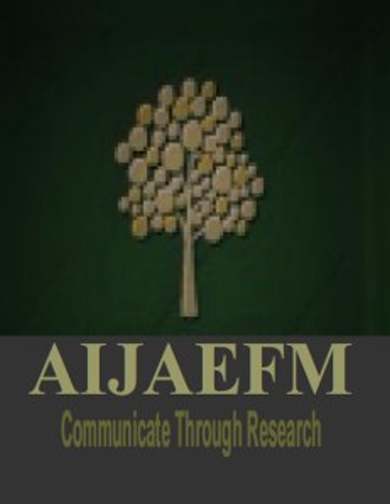Impact Of Foreign Aid On Economic Growth In Nigeria: Role Of Corruption
Keywords:
Foreign Aid, Corruption, Economic Growth, Foreign Direct InvestmentAbstract
This study investigates the impact of foreign aid on Nigeria's economic growth, explicitly accounting for the moderating role of corruption. Despite decades of substantial aid inflows, Nigeria continues to face entrenched socio-economic challenges, raising critical questions about aid effectiveness. Employing the Autoregressive Distributed Lag (ARDL) model on annual data from 1993 to 2023, the findings reveal a weakly positive relationship between foreign aid and growth. Corruption exhibits a significant negative impact, confirming its role as a major impediment to development. Crucially, the interaction term between foreign aid and corruption is positive, suggesting that aid can foster growth even in a corrupt environment when coupled with oversight mechanisms. Contrary to theoretical expectations, Foreign Direct Investment (FDI) negatively impacts growth, likely due to its concentration in the extractive sector with limited local linkages. The study concludes that while foreign aid has a potential growth-enhancing effect, its efficacy is critically contingent on robust governance and anti-corruption measures. Policy recommendations are offered to strengthen institutions, diversify FDI, and enhance the efficiency of domestic investment to ensure external resources translate into sustainable economic development.





